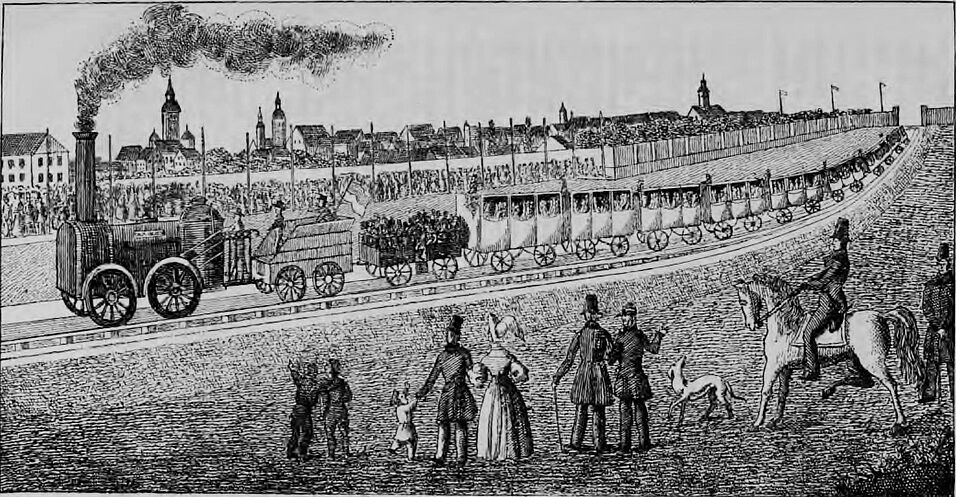Place: Zoom/University of Vienna, Kolingasse 14-16, R. 4.27
Time: 12:00-13:30 CET
All are welcome. Please sign up here [zoom link] to register for the meeting and receive the Zoom link. The text for discussion will be circulated approximately one week before the colloquium.
In this colloquium we will discuss Philipp Roessner’s monograph-in-progress, Teutocapitalism: How German Thinkers Made the Modern Economy.
How does a country grow rich? How do nations remain rich? How do we make flourishing, fair and happy human economies? These are big questions in the modern social sciences. They were asked by clever minds centuries ago. Today we tend to connect them with French Physiocrats and British Enlightenment thinkers and their theories of liberty, competition, individuality, and social and economic modernity. But Germans made their own contributions in shaping modern capitalism and the modern economic mind. In many cases their contributions were more nuanced, and in any case more human, long predating iconic Enlightenment thinking manifested in full-blown perfection in Adam Smith’s Wealth of Nations, a work that is often held as the foundational work in modern economic analysis. These contributions have often been overlooked. In fact, German political thought has often enough been posited as the antinomy of Enlightenment, to Dark Enlightenment, Anti-modernity. But this is profoundly mistaken. Cameralism has all but vanished from the modern economic mind, despite its enduring legacy from Ordoliberalism to Biden and Trump. Defocusing from an Anglo-centric angle on the modern wealth of nations this book retrieves the contributions made by German-language speakers, their theories, policies and concepts to the making of historical economic development from the Renaissance to today.
Reading: The book proposal for the monograph will be pre-circulated to registered attendees approximately one week before the workshop.
Philipp Rössner is Professor (Chair) in Early Modern History at The University of Manchester; He received his Ph.D. in Economic History from the University of Edinburgh in 2007, and his Higher Doctorate/Habilitation/DLitt., Dr. phil. habil.in Social and Economic History, from Universität Leipzig in 2011. His scholarship has been recognized with numerous fellowships and awards including the 2013–2015 Heisenbergstipendiat (Heisenberg Senior Research Fellowship awarded by the German Research Foundation, Universität Leipzig) and election into Young Academy, Saxon Academy of Sciences, Leipzig in 2016. He received the 2013 Walter Hävernick Prize awarded by the Numismatic Commission of the Federal Republic of Germany for best book on monetary history and/or numismatics for his monograph Deflation – Devaluation – Rebellion. Geld im Zeitalter der Reformation (Stuttgart: Franz Steiner, 2012) and most recently published Introduction to Early Modern Economic History (in German) (Stuttgart: Kohlhammer, 2024).

